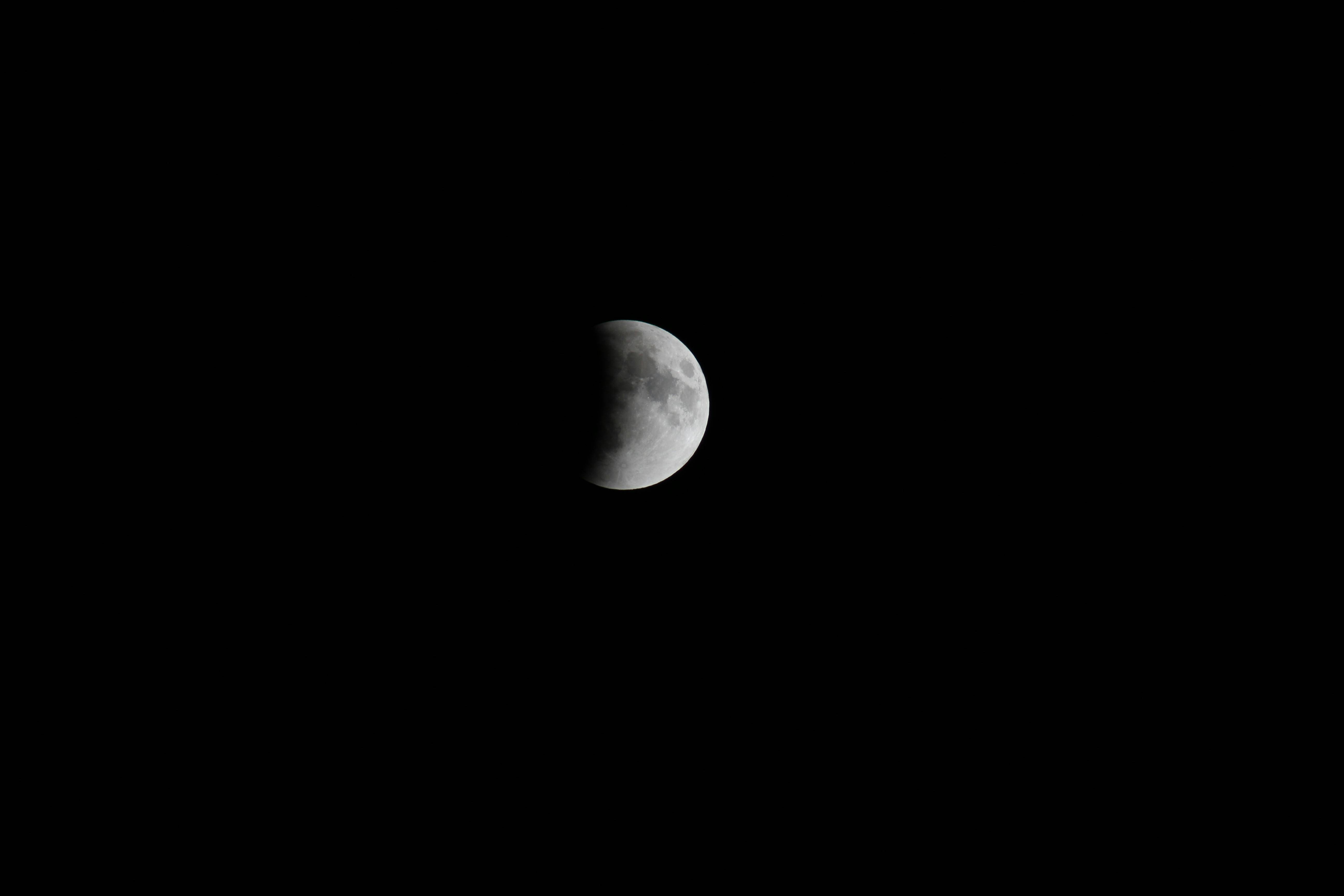Signature Seminars
About the Signature Seminars/HNRS 401H3
The Honors College offers Signature Seminars on cutting-edge topics taught by top professors, who are named Dean's Fellows in the Honors College. You must apply to participate, and if admitted, will be designated a Dean's Signature Scholar – a great plus for your resume. These seminars give you three hours of honors credit and in some cases, may also satisfy requirements specific to your degree. Please consult individual course pages for more information.
Check out our Public Preview Lectures introducing the Fall 2025 Signature Seminar lineup. (You will also receive a reminder email.)
For a full listing and descriptions of past Honors College courses, visit our course archive.
In Totality
Join us for a Public Preview Lecture on Tuesday, February 11, 2025 from 12:00 to 1:15 p.m. in GEAR 130.
 Millions of observers across America, and Arkansas, knew in advance the precise time
of totality of the eclipse of April 8, 2024. Yet most were still uncertain, with hours
to go, whether they would be able to see the eclipse, due to doubts about the weather.
Why can we predict one, and not the other? What does it tell us about the history
of science that some natural phenomena are predictable and others are not.
Millions of observers across America, and Arkansas, knew in advance the precise time
of totality of the eclipse of April 8, 2024. Yet most were still uncertain, with hours
to go, whether they would be able to see the eclipse, due to doubts about the weather.
Why can we predict one, and not the other? What does it tell us about the history
of science that some natural phenomena are predictable and others are not.
Professor Daniel Kennefick will lead this seminar.
Visit course page for more information.
Food Matters
J oin us for a Public Preview Lecture on Wednesday, February 12, 2025 from 4:30 to
6:00 p.m. in GEAR 130.
oin us for a Public Preview Lecture on Wednesday, February 12, 2025 from 4:30 to
6:00 p.m. in GEAR 130.
his course explores the legal, economic, social, and environmental dimensions of the modern food system. Together, we’ll generate insights to guide regulators, industry leaders, and consumers in managing our evolving food landscape. It’s a conversation about why—and how—food matters.
Professors Jennie Popp, Margaret McCabe and Curt Rom will lead this seminar.
Visit course page for more information.
Join us for a Public Preview Lecture on Wednesday, February 19, 2025 from 12:00 to 1:15 p.m. in GEAR 130.
 This honors course offers an in-depth account of Mexico's rich historical, cultural,
political, and economic evolution, examining key events from pre-Columbian times to
the present. The class is an exploration of Mexico's transformation from an ancient
civilization to a modern nation, and analyzes the unique, at times difficult, at times
friendly, relation between Mexico and the United States.
This honors course offers an in-depth account of Mexico's rich historical, cultural,
political, and economic evolution, examining key events from pre-Columbian times to
the present. The class is an exploration of Mexico's transformation from an ancient
civilization to a modern nation, and analyzes the unique, at times difficult, at times
friendly, relation between Mexico and the United States.
Professor Rogelio Garcia Conteras will lead this seminar.